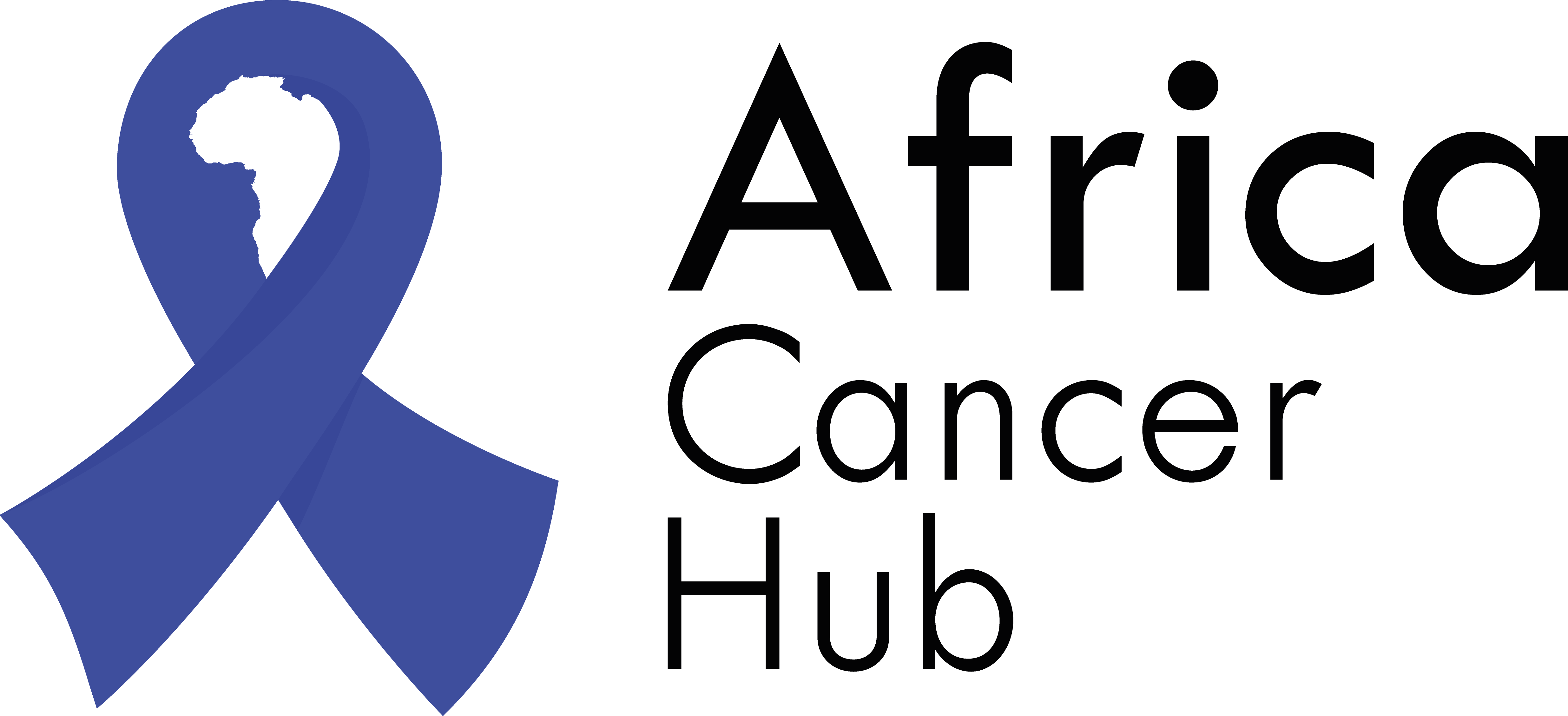Prevention of Cancer
According to WHO, between 30-50% of all cancer cases are preventable. Prevention offers the most cost-effective long-term strategy to control cancer
How to prevent cancer?
There is a lot of confusion about cancer prevention. If one study acknowledges the specific tip, another study will oppose it.
The research regarding ways to prevent cancer is still evolving and changing. But science agrees that most of the cancer affecting us comes from daily life habits and choices.
The following are several factors that can minimize exposure to the mutagens or carcinogens present.
Stop smoking:
Tobacco is one of the most dangerous carcinogens and is the highest risk factor for Lung Cancer. Tobacco smoke contains thousands of chemicals, with at least 70 of them known to cause cancer in people. Using tobacco products can result in:
- Lung cancer
- Colorectal Cancer
- Mouth or Oesophageal cancer
- Throat and larynx cancer
- Pancreatic cancer
- Kidney and cervix cancer
Cancers of the pancreas and oral cavity are significantly due to chewing tobacco.
Passive smoking is another overlooked cause of smoke inhalation and it almost mimics the act of actually smoking. It increases the chances of developing lung cancer, as well.
For cancer prevention, it is important to stop smoking totally and there are lots of rehab routines to eliminate the use of tobacco.
Eat a Healthy diet:
Although eating a healthy diet cannot guarantee you will not get cancer, eating lots of healthy fruits and vegetables will highly reduce your risk of getting cancer. Ensure you eat whole foods from natural sources and limit the consumption of red meat and processed food.
Avoid the use of alcohol as much as possible. Alcohol consumption can lead to cancers of the liver, kidney, lungs, colon, and breast. Avoid animal fat and refined sugars. Substitute vegetable/sunflower oils for Olive oil when cooking.
If you want to modify your diet style, then you should:
- Eat a lot of vegetables and fruits. Try to consume the whole plants and foods from natural sources as much as possible.
- Go for healthy food, which does not cause obesity. Eat low calories, high protein, and low-fat food. Avoid animal fat and refined sugars.
- Avoid the use of alcohol as much as possible. Alcohol consumption can lead to cancers of the liver, kidney, lungs, colon, and breast.
- Limit the consumption of processed food or meat.
- Include olive oil and nuts in daily diet.
- Mediterranean diet is another vital modification that can help with the prevention of cancer.
Most of the individuals in developing countries do not have the privilege to choose food. Half of the African population is suffering from malnutrition, which is increasing the risk of cancers in these regions.
Stay fit and maintain a healthy weight:
Not being physically active and being obese has been linked to the risk of certain cancers including breast, colorectal, pancreatic and lung cancers. Including 30 minutes of exercise in your daily routine can help as much, and it does not mean you have to join a gym. Make sure you exercise enough to maintain your Body Mass Index (BMI), boost your immune system, reduce stress, all which can lead to cancer.
Reduce rate of infections:
According to a 2012 estimate, more than 15% of cancer cases were due to infections by:
- Epstein-Barr virus,
- human papillomavirus (HPV),
- helicobacter pylori,
- hepatitis C and B.
These cases were less in developed countries like New Zealand, Canada, the United States, and Australia. The infection cases were more than 50% in countries of northern Europe and sub-Saharan Africa. Two-third of these infectious cancers are more common in African countries and surrounding areas.
Certain vaccines are available to combat hepatitis C and B to reduce the risk of cervical liver cancers. Hep-B vaccine is usually available and recommended for babies, older children and adults who are at risk. HPV vaccines are given at different ages in different countries, so contact your healthcare professional . However, the vaccine for HPV is suitable for girls and boys of 11 to 12 years of age.
Prevent radiation exposure:
All types of radiation exposure can increase the risk of cancerous tumours and leukaemia. The risk increases when there is prolonged exposure to these sources at young ages. Ionizing radiation long has been recognized as a cause of cancer. Solar radiation (UV radiation)is carcinogenic and is a leading cause of skin cancer.
Several devices, screens, computers, and mobiles emit UV radiation. These gadgets are contributing to the increasing trend of cancer in our communities.
- Avoid sun exposure during peak hours or in the afternoon
- Try to stay inside homes or offices during day time
- Cover the body parts which usually are exposed
- Make a habit of wearing sunscreens
- Avoid the use of devices as sunlamps and tanning beds because they can induce the same effect
- Wear dark colors in the sunlight because they can reflect UV rays than light colors
Always Practice safe sex
Unsafe sex has also been linked to certain viruses which lead to certain cancers. HPV and Hep-B viruses can be spread from one person to another to anal, vaginal and oral sex. Studies have shown that HPV is the leading cause of cervical cancer in women and oropharyngeal cancer in men. HPV is also one of the major causes of anal, vaginal, penile and vulvar cancers. The HBV can increase a person’s risk of developing liver cancer.
The risk of cancers can be reduced by the following:
- Practicing safe sex
- Limiting your sexual partners
People who have HIV also have a high risk of lungs, liver, and anal cancer.
- Limit the sharing of needles.
- For people who have concerns about the use of drugs, addiction, and misuse, they should always seek help from Healthcare professionals.
References
- https://www.who.int/cancer/prevention/en/
- https://dash.harvard.edu/bitstream/handle/1/41426781/84520%20public_health_nut6.pdf?sequence=1
- https://www.cdc.gov/cancer/dcpc/prevention/index.htm
